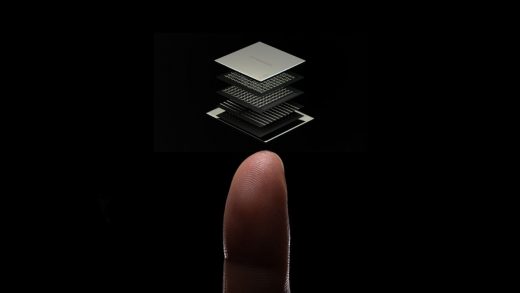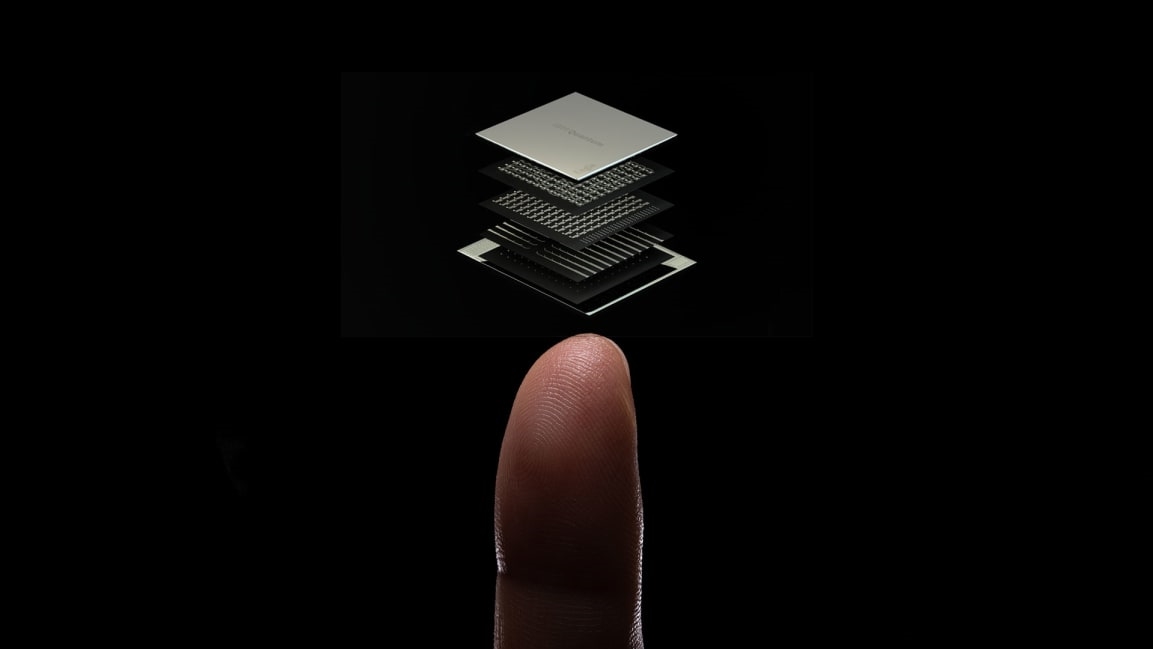IBM says its new quantum chip outmuscles conventional supercomputers
IBM announced an important milestone in its years-long quest to build a quantum computer that matters. It’s built a new quantum processor called “Eagle” that breaks through the 100-qubit barrier with 127 qubits of processing power.
“Quantum advantage is all about doing something cheaper or faster or more accurately than a classical computer,” IBM Quantum VP Jay Gambetta tells me. Among the areas where quantum computing could offer transformative advantages over conventional computers are real-time financial models and research into new chemical compounds.
This week IBM is also previewing the design of the next piece of quantum hardware, called IBM Quantum System Two, that will contain its future quantum processors, along with the software, wiring, and refrigeration that enables their operation. After Eagle, IBM plans to develop a 433-qubit processor, then a 1,121-qubit processor. As the company continues its quantum research, it’s been sharing road maps about the progress it expects to make.
Fast Company , Read Full Story
(16)



